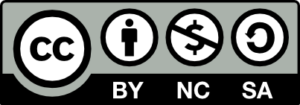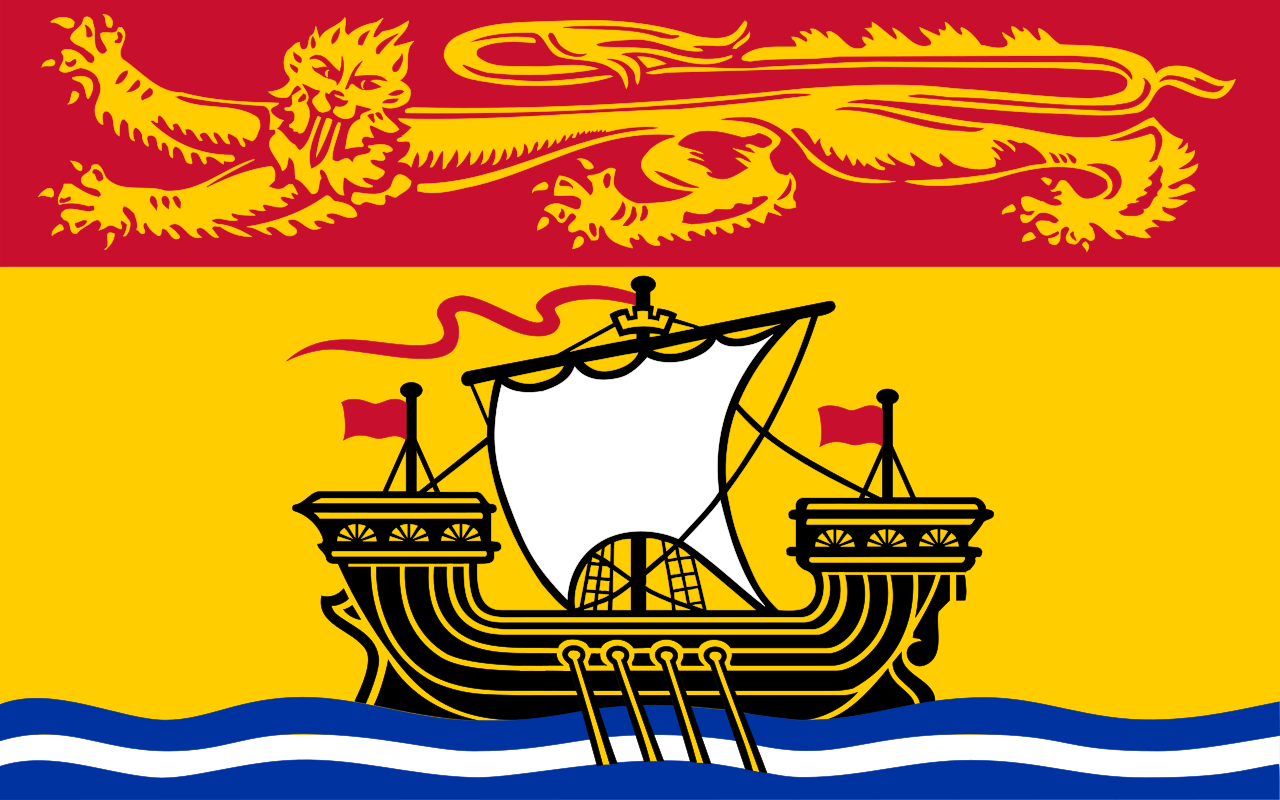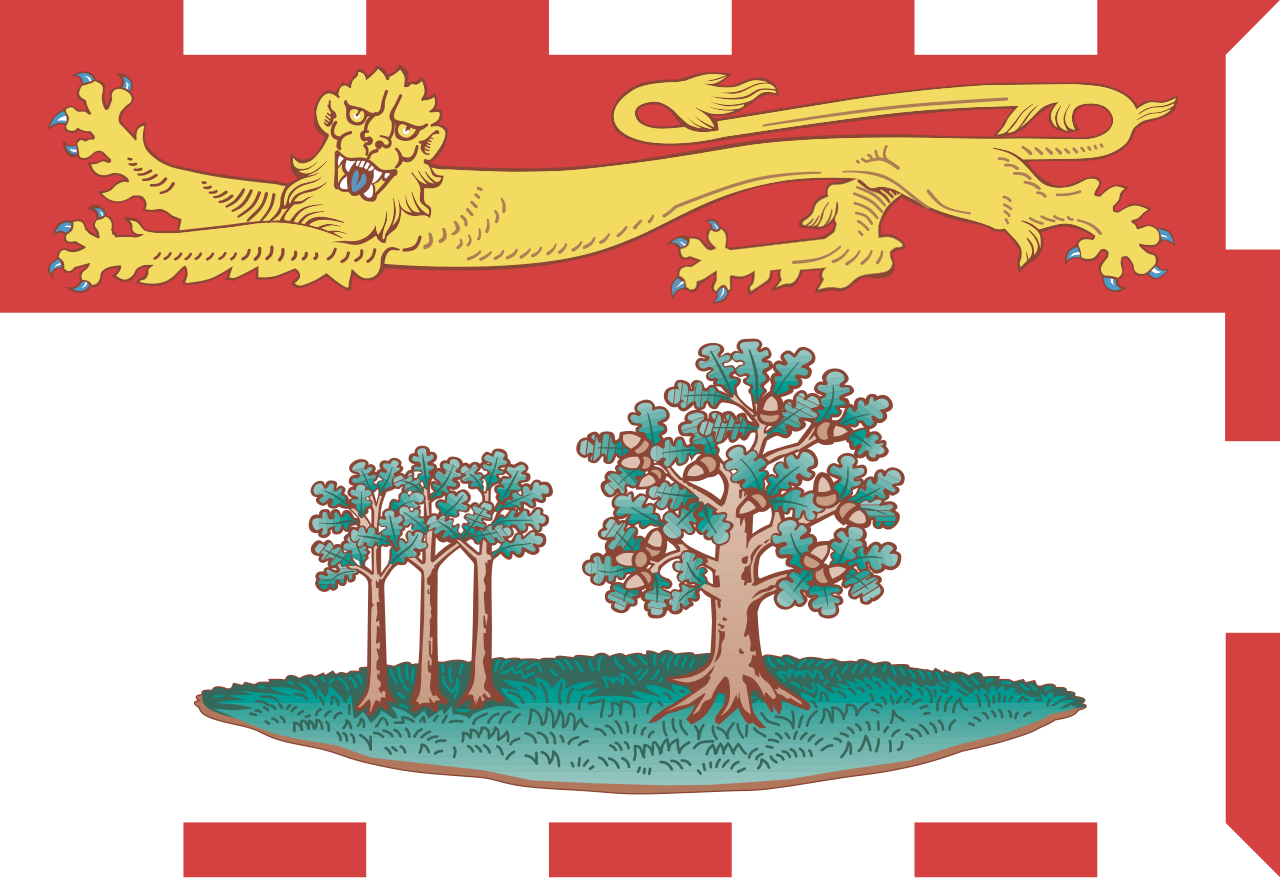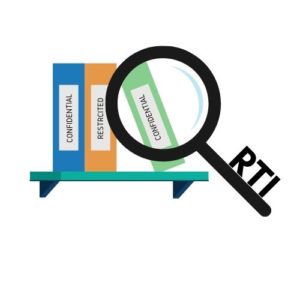The RTI Rating
analyses the quality of the world’s access to information laws
The RTI Rating is the leading global tool for assessing the strength of national legal frameworks for accessing information held by public authorities (i.e. the right to information or RTI). It is widely used by inter-governmental organisations, RTI advocates, governments, legislators, lawyers, academics and others. The Rating’s methodology is derived from international standards, as well as best practices at the national level. Scores are based on 61 discrete indicators, each of which looks at a particular feature of a strong legal regime for RTI. These indicators are divided into seven main categories, namely Right of Access, Scope, Requesting Procedure, Exceptions & Refusals, Appeals, Sanctions & Protections, and Promotional Measures.
RTI
Global Right to Information Rating Map
RTI
Country Rating Results
Top 10
Bottom 10
RTI
The Rating Results
All regions of the world now have a significant number of countries with RTI laws, a major change since the Rating was first launched in 2011. As is depicted in the above global map, the performance of countries shows a significant spread with several countries scoring 126 or more points out of a possible total of 150 and several also scoring below 50 points. However, most countries fall in between these extremes.
Results are displayed by country here. In addition, results can be viewed by individual indicator or category. The RTI Rating also has a page which assesses and ranks constitutional guarantees of RTI, as well as a page with RTI ratings for select subnational-level laws and international/supranational institutions.
About
The central idea behind the RTI Rating is to provide RTI advocates, reformers, legislators and others with a reliable tool for comparatively assessing the overall strength of a legal framework for RTI. The Rating indicates the strengths and weaknesses of the legal framework, and provides a handy means for pinpointing areas in need of improvement.
The Organisations Behind RTI
![]() The Centre for Law and Democracy (CLD) is a non-profit organisation based in Halifax, Nova Scotia, Canada. CLD works to promote, protect and develop those human rights which serve as the foundation for or underpin democracy, including the right to information (RTI), but also the rights to freedom of expression, to participate and to freedom of association and assembly. More information about CLD and our mission is available on our website.
The Centre for Law and Democracy (CLD) is a non-profit organisation based in Halifax, Nova Scotia, Canada. CLD works to promote, protect and develop those human rights which serve as the foundation for or underpin democracy, including the right to information (RTI), but also the rights to freedom of expression, to participate and to freedom of association and assembly. More information about CLD and our mission is available on our website.

The content on this website is licensed under the Creative Commons Attribution-NonCommercial-ShareAlike 3.0 Unported Licence. You are free to copy, distribute and display this work and to make derivative works, provided you give credit to Access Info Europe and the Centre for Law and Democracy, do not use this work for commercial purposes and distribute any works derived from this publication under a licence identical to this one. To view a copy of this licence, visit: http://creativecommons.org/licenses/by-nc-sa/3.0/
RTI
Latest News
- Methodology & Rating
- Historical
- News & Reports
- COVID-19 Tracker





